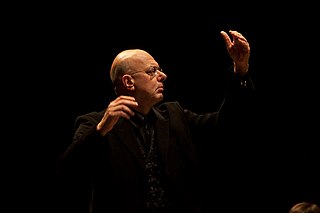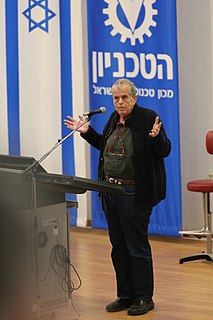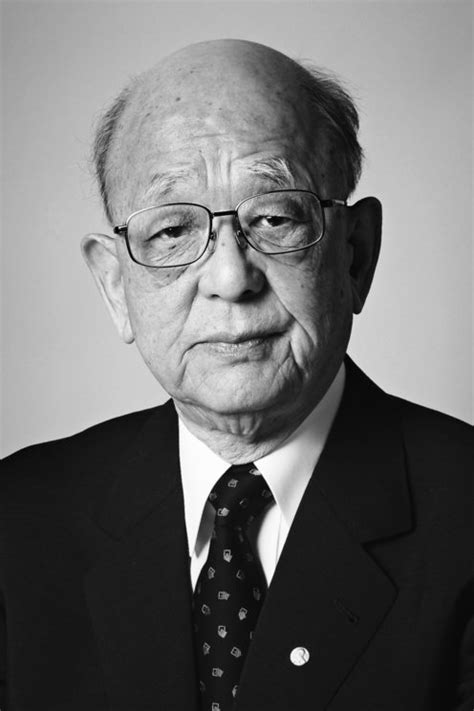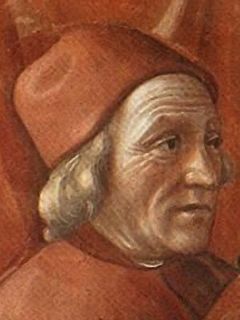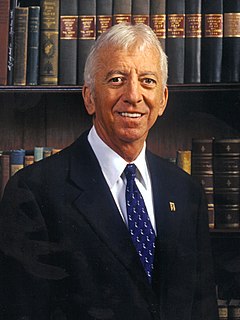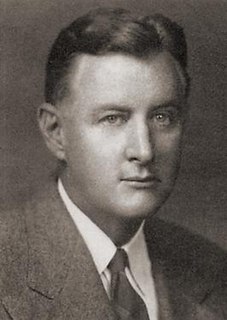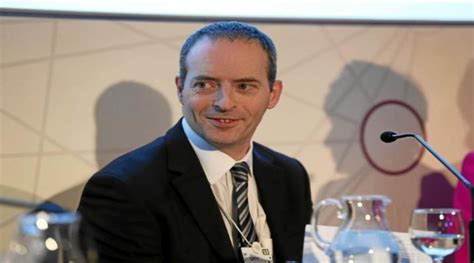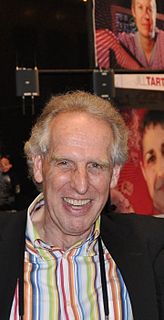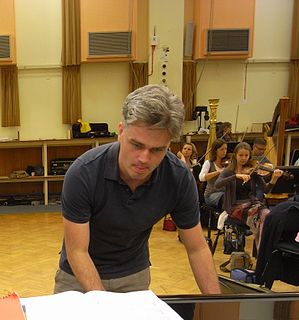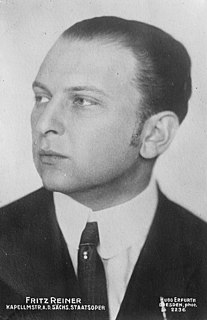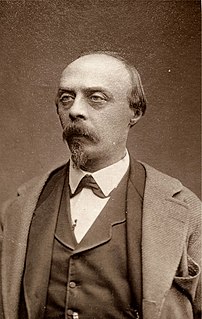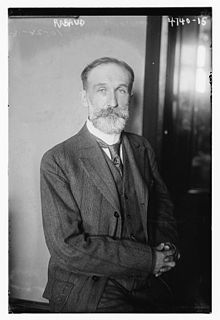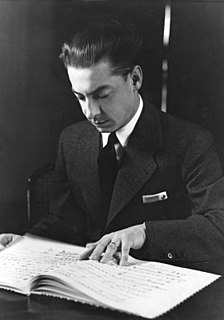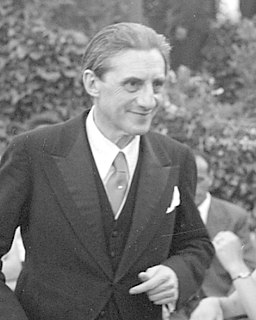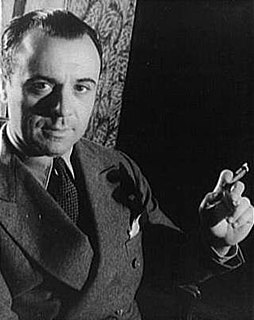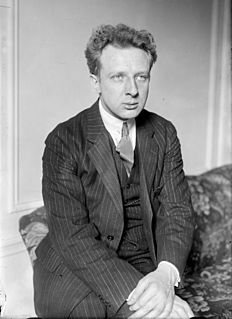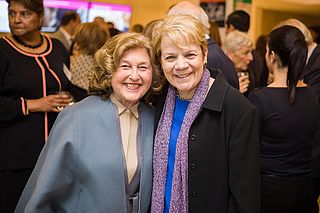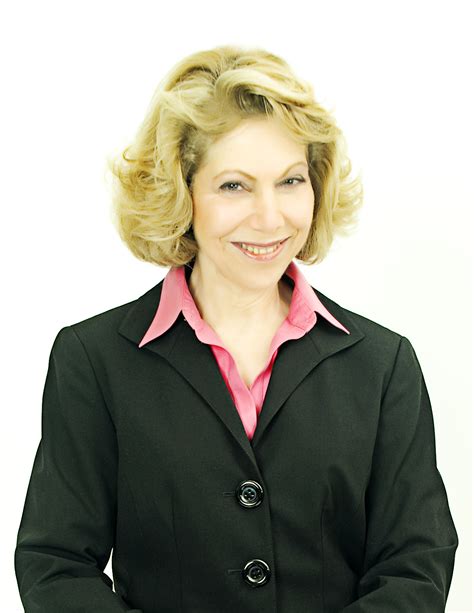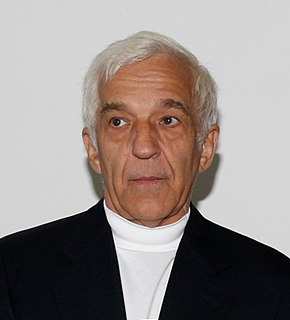A Quote by Leon Botstein
No scientist, engineer, writer, psychologist, artist, or physician - and certainly no scholar, and therefore no serious university faculty member - pursues his or her vocation by getting right answers from a set of prescribed alternatives that trivialize complexity and ambiguity.
Related Quotes
I do not believe that it is necessarily the duty of the writer to give a voice to his community. If a writer is true to his vocation, to his or her vocation, the very process of creativity enlarges these human horizons. It provides insights, even when you're not writing, when your writing's not dealing with a concrete political situation.
I feel that, in a sense, the writer knows nothing any longer. He has no moral stance. He offers the reader the contents of his own head, a set of options and imaginative alternatives. His role is that of a scientist, whether on safari or in his laboratory, faced with an unknown terrain or subject. All he can do is to devise various hypotheses and test them against the facts.
I focus on faculty, as opposed to facilities, budgets, endowments or students. I do so because I believe, based on many decades of work as a teacher, a scholar and an administrator, that the quality of the faculty determines the quality of the university. Everything else flows from the quality of the faculty. If the faculty are good, you will attract good students and you will have alumni who will raise funds for you.
A doctor, like anyone else who has to deal with human beings, each of them unique, cannot be a scientist; he is either, like the surgeon, a craftsman, or, like the physician and the psychologist, an artist. This means that in order to be a good doctor a man must also have a good character, that is to say, whatever weaknesses and foibles he may have, he must love his fellow human beings in the concrete and desire their good before his own.
Combining the experience of a seasoned university president with the analysis of a respected legal scholar, Derek Bok explores what he concludes are 'signs of excessive commercialization in every part of the university.' His somber assessment of the current state of athletics, scientific research, and distance education, and his call for review and restraint, should engage the attention of every faculty senate in the country. He has given us a timely, candid, courageous, and important book.
In total, I have spent 35 years at Hokkaido University as a staff member - 2 and a half in the Faculty of Science, and the other 32 and a half in the Faculty of Engineering. Other than about two years of study in America and a few months in other places overseas, most of my life has been spent at the Faculty of Engineering.
It is relatively unusual that a physical scientist is truly an atheist. Why is this true? Some point to the anthropic constraints, the remarkable fine tuning of the universe. For example, Freeman Dyson, a Princeton faculty member, has said, 'Nature has been kinder to us that we had any right to expect.'
Morally a woman has a right to the free and entire development of every faculty which God has given her to be improved and used to His honor. Socially she has a right to the protection of equal laws; the right to labor with her hands the thing that is good; to select the kind of labor which is in harmony with her condition and her powers; to exist, if need be, by her labor, or to profit others by it if she choose. These are her rights, not more nor less than the rights of the man.
